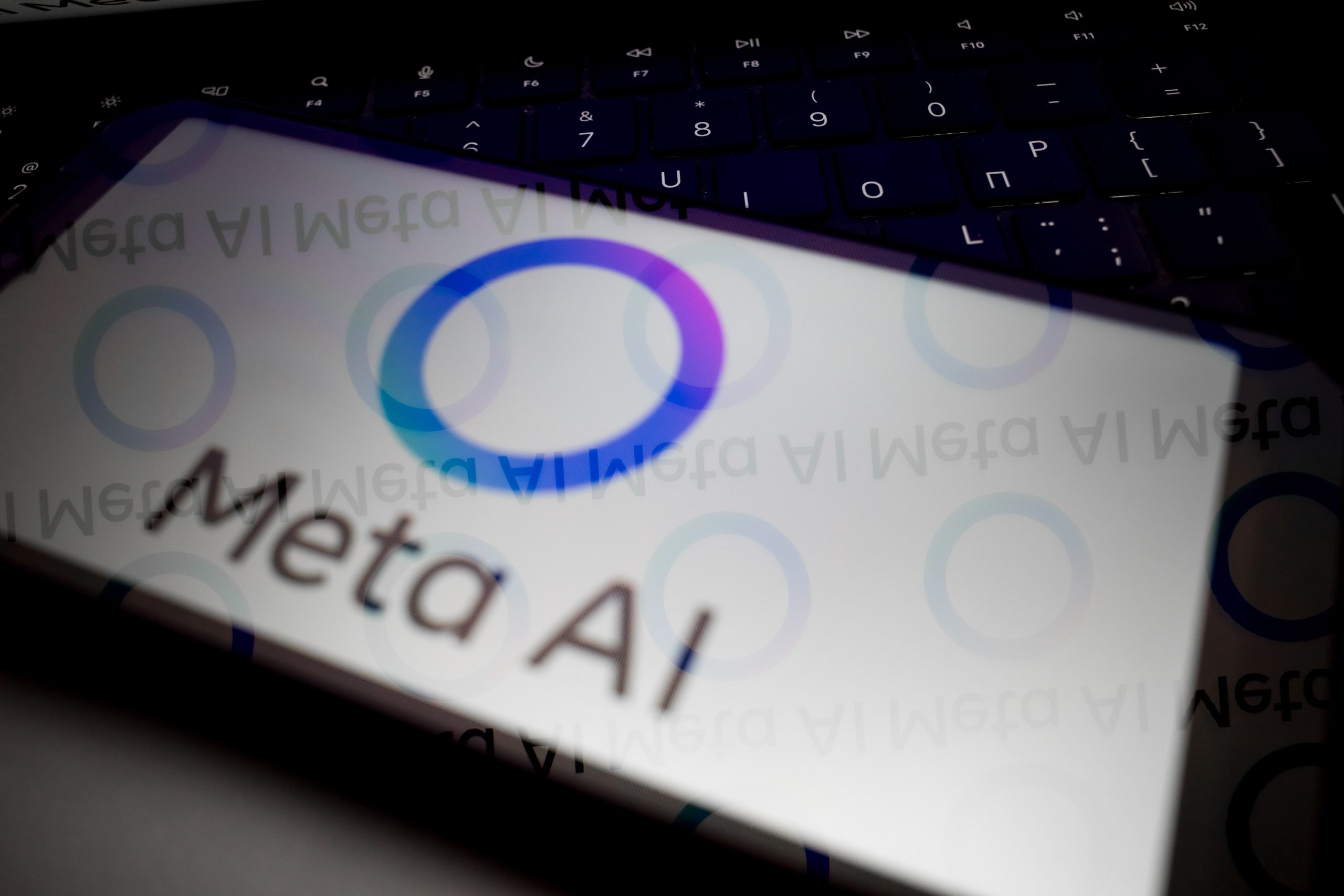Meta’s ambitious pursuit of artificial superintelligence (ASI) is costing billions, raising questions about the potential risks and rewards of this technological gamble. Mark Zuckerberg’s commitment to this seemingly boundless investment highlights the escalating arms race among tech giants vying for dominance in the rapidly evolving field of artificial intelligence. The company’s projected $72 billion capital expenditure this year, heavily focused on AI and associated infrastructure, underscores the significant resources being poured into this endeavor.
The Quest for Superintelligence: A Risky Proposition?
The term “superintelligence,” often used interchangeably with “artificial general intelligence” (AGI), refers to AI systems exceeding human cognitive abilities. While some view ASI as the logical next step in AI development, others express concern about its potential implications. The sheer scale of Meta’s investment suggests a belief that ASI is not merely a theoretical possibility but a tangible goal within reach. This bold strategy, however, carries inherent risks. The potential for unintended consequences, ethical dilemmas, and the concentration of immense power in the hands of a few tech corporations are all legitimate concerns that warrant careful consideration. The lack of clear regulatory frameworks surrounding ASI development further amplifies these concerns.
Meta’s Strategic Advantage: Data and Infrastructure
Meta’s substantial investment isn’t just about developing advanced algorithms; it’s also about building the necessary infrastructure. The company’s vast data holdings, accumulated through its social media platforms, provide a crucial advantage in training and refining AI models. This enormous dataset allows Meta to create and test AI systems on an unparalleled scale, accelerating the pace of development. However, the ethical implications of using such massive personal data sets need to be carefully examined and addressed in order to prevent potential privacy violations and misuse. This infrastructure, encompassing powerful data centers, is essential for handling the computational demands of training and running sophisticated AI models. The scale of this investment suggests Meta is preparing for a future where ASI plays a central role in its operations and services.
The Broader AI Landscape: A Global Competition
Meta’s aggressive pursuit of ASI is not an isolated event. Other tech giants are engaged in a similar race, investing heavily in research and development. This intense competition is driving rapid innovation but also raises concerns about a potential AI arms race, with unforeseen consequences for global security and societal stability. The economic impact is also substantial, with billions of dollars being poured into the field, potentially creating new industries and disrupting existing ones. The ethical and societal implications of this technological advancement deserve global attention and collaborative efforts to establish responsible guidelines and regulations.
Conclusion:
Meta’s commitment to ASI represents a significant milestone in the development of artificial intelligence. While the potential benefits are substantial, the risks are equally significant. Zuckerberg’s billions represent a high-stakes gamble, the outcome of which will have far-reaching implications for society, the economy, and the future of technology itself. The ongoing debate surrounding the ethical and societal implications of ASI necessitates a proactive and collaborative approach involving policymakers, researchers, and the public to ensure a responsible and beneficial future for AI.
Based on materials: Vox





